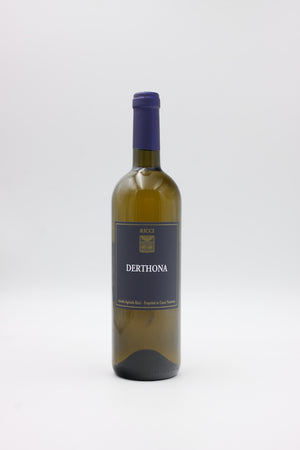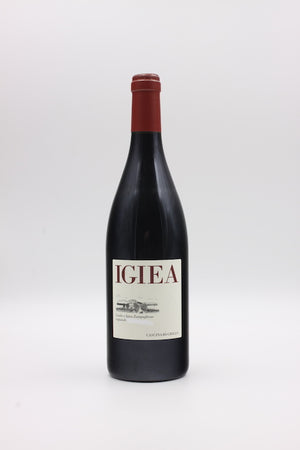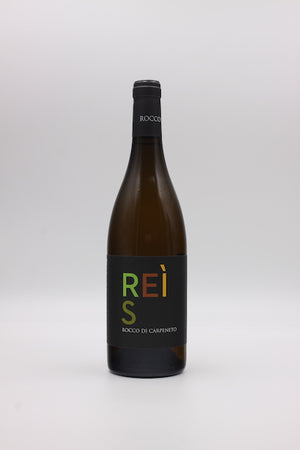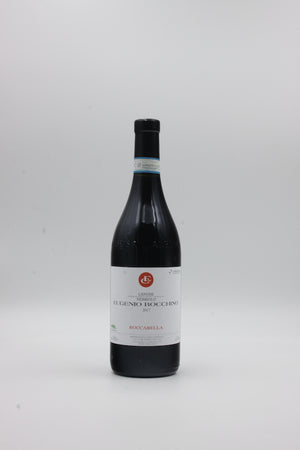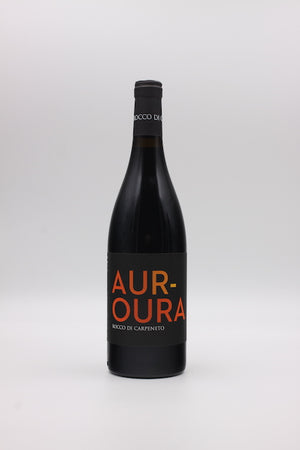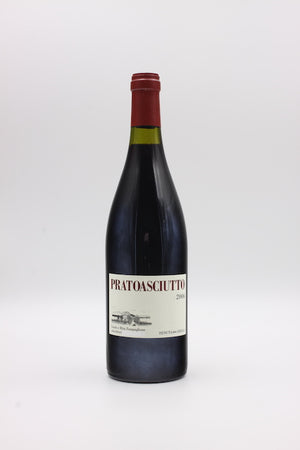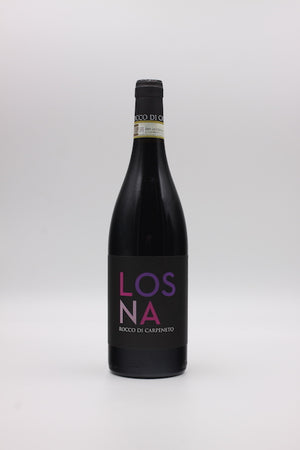- Home
- Wines from Piedmont
- Daniele Ricci: Il Giallo di Costa 2021
Daniele Ricci: Il Giallo di Costa 2021
- €26,90
Giallo di Costa by Daniele Ricci: Timorasso’s Boundless Potential
With Giallo di Costa, Daniele Ricci pushes the boundaries of what Timorasso can achieve. By macerating the wine for three months, he extracts every tannin, acid, extract, and aroma stored in the grape skins over the year. The health of the berries and the timing of the harvest are crucial, as all components must be ripe and balanced to ensure harmony.
Despite this extensive extraction, Giallo di Costa is defined more by elegance than power. This is thanks to Daniele’s expertise and the nature of Timorasso grapes, whose pulp is encased in an exceptionally thin skin. While this makes the grapes particularly vulnerable to fungal diseases—and means the wine isn’t produced every year—in exceptional vintages, it results in a wine with subtle tannins, vibrant acidity, and precise aromas. It showcases how refined a wine fermented on skins for an extended period can be. The wine is aged for a year in used acacia barrels, followed by two additional years in the bottle.
Style
The name Giallo di Costa (translating to “Yellow of the Coast”) might well reference the wine’s color. While yellow indeed characterizes some of its aromas—grapefruit and chamomile—it also unfolds a spectrum of other hues: white (salt), green (oregano), orange (apricot), and brown (nuts, caramel). These are all integrated into a dynamic, compact body with a lively acidity and a fine tannin structure at its core. This wine promises aging potential for the next 10–15 years.
Technical Sheet
- Grape Variety: 100% Timorasso
- Harvest: By hand
- Fermentation: Spontaneous, with wild yeasts; 100 days of maceration without pressing the grapes
- Aging: 1 year in used acacia barrels, 2 years in the bottle
- Filtration: None
- SO₂: <50 mg/l
- Alcohol Content: 16% vol
- Closure: Natural cork
- Serving Temperature: 10–12 °C (50–54 °F)
- Optimal Drinking Window: Now–2035
- Content and Price per Liter: 0.75 l (€33.62/l)
All winemakers listed with Vinonudo use compost, organic fertilizers, and natural preparations in their vineyards, avoiding the use of herbicides, pesticides, and synthetic fertilizers.
Similar Products
Newsletter
Who knows more, tastes more. Once a week there is news about our wines, winegrowers and events.
© 2025 vinonudo | Shopify Theme by Mile High Themes | Powered by Shopify
